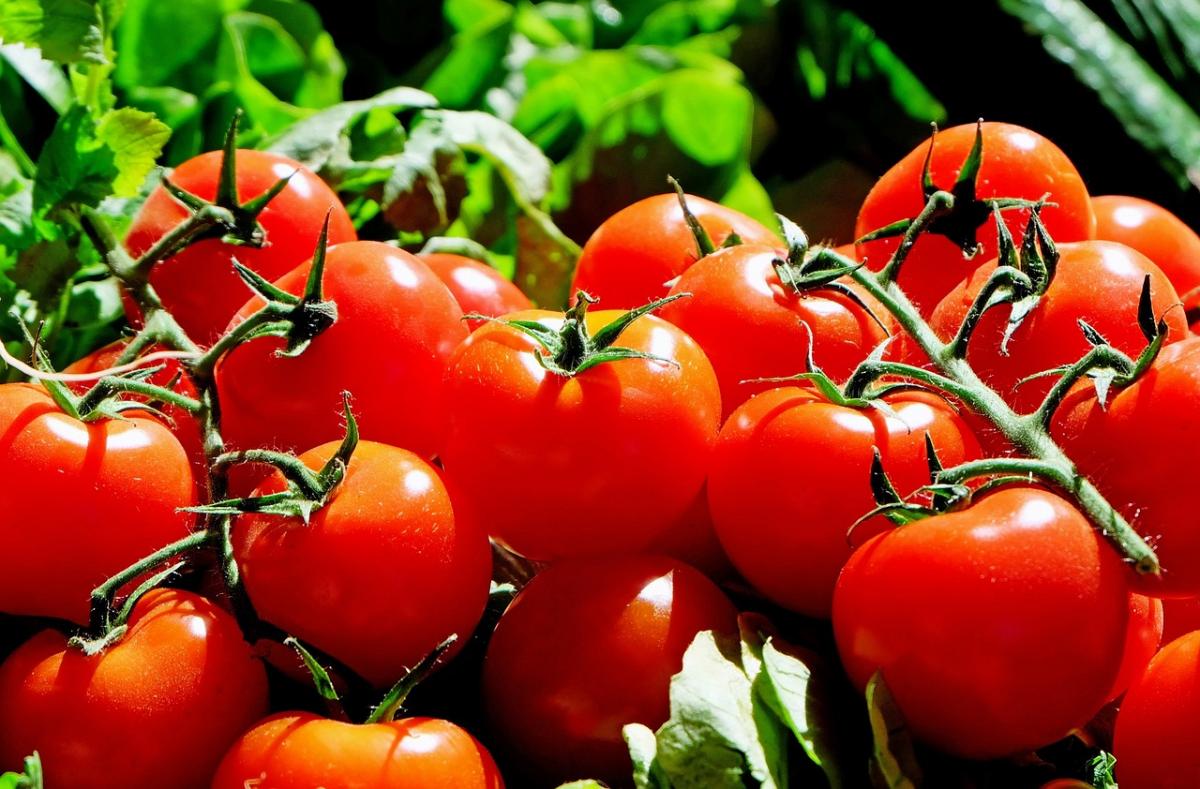Store-bought tomatoes are famous for being bland. Recently scientists have discovered that it is because domesticated tomatoes are missing over 5,000 genomes compared to their wilder cousins, including the one that gives them their distinctive taste. Research shows that store bought tomatoes may soon regain their flavour. This is not limited to tomatoes; many different products have lost unique properties over the years are now beginning to bring them back.
In the following report, Darcy Simonis, industry network leader for ABB’s food and beverage segment, discusses how modern developments in research and technology are bringing back forgotten flavours.

Tomatoes are an integral part of many recipes from pasta sauce, to shakshuka to the humble BLT. Giving them back their flavour will increase consumer satisfaction in products containing them, but how did we get to this place to begin with?
Over our 12,000 years as an agricultural society, farmers have selected certain strains of fruits and vegetables that demonstrated particular qualities — specifically fruit size, shelf-life and growth speed. This selective production has meant that certain qualities were encouraged while others were suppressed.
Due to the primitive nature of the science at the time it was also hard to fully understand the effects this would have. In the case of tomatoes, it made them bigger, last longer and grow faster but in return they lost the iconic flavour that made them so popular. Though we may imagine this happened recently it was during the earlier years of our modern era circa 1800, well before the advent of modern GMO’s, that tomatoes started to lose their flavour.
With modern techniques researchers were able to find the gene central to providing flavour to the fruit. Thanks to this development producers are now looking to re-introduce this forgotten flavour gene back into mainstream tomatoes. It is important to note that it was through a modern approach that this was achieved.
Many may believe that a rejection of modern applications means we can return to a more flavourful sustainable time, but this is far from the truth. Not only would rejecting modern methods be a step backwards in production, it would generate more waste and reduce sustainability. Control methods in modern applications and developments are a much more secure path for creating sustainable production methods.
Modern technology also allows food manufacturers to have more of an impact on the flavour of their foods. From keeping produce fresher for longer to making sure that precise amounts of ingredients are mixed while making a product these technologies allow for precise production of quality goods.
For example, smoking houses imbue smoky flavours into cured meats. However, good control is necessary to ensure that the meat receives an even cover of smoke during the process, or the product may end up with an uneven flavour. These steps may have been previously irregularly carried out due to the unbalance smoke distribution or lack of precision in the required timing to impart smoke flavour.
Technology such as manufacturing operations management (MOM) software allows for detailed control over a large production system. In the case of a smoking house it is able to balance fan motors to give the meat an even balance of smoke while also optimizing power usage and timings.
With one in place a plant can achieve the production rate necessary to keep up with current demand while providing high levels of control that reduces waste. This is because the system will also be able to track the health of the plant and allow operation managers to take better predictive or preventative measures to lower waste.
MOM software also helps manufacturers become more agile, meaning that production lines can integrate steps that may have been in the traditional recipe but were removed, at the beginning of industrial production, due to being hard to integrate into an automated process.
These modern tools mean that we can actively bring back forgotten flavours without discarding the benefits of modern production methods and while remaining sustainable, allowing us to enjoy the best of both worlds.
Nike news














